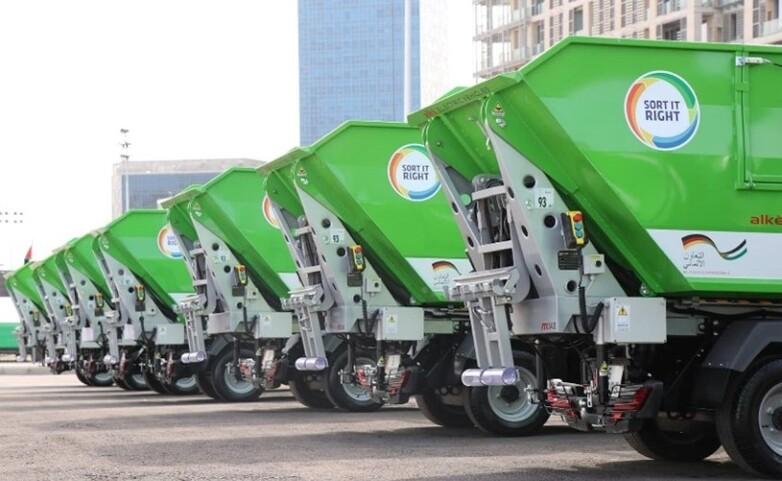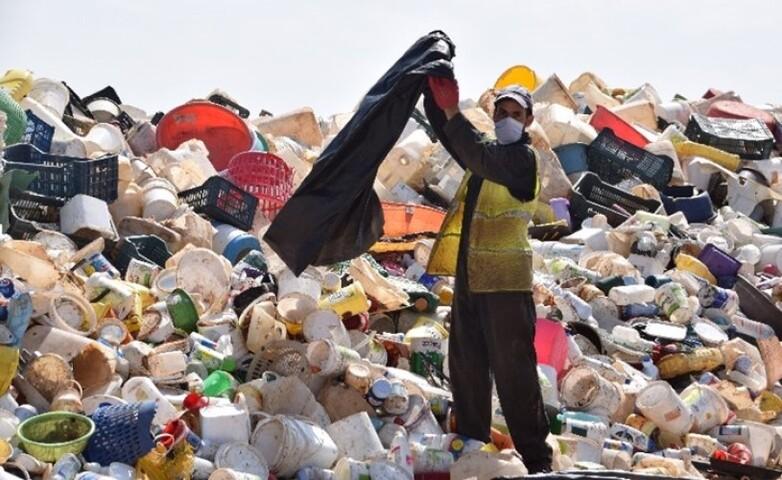Context
There has been a surge in waste volumes in Jordan over the past ten years. They are expected to double in the next fifteen years. Jordan’s waste management sector is the second-largest contributor to its greenhouse gas emissions.
The country generates around 2.7 million tonnes of municipal waste annually, half of it in the capital, Amman. The increase in waste is mainly due to population growth as a result of the influx of Syrian refugees, as well as improved living conditions in Jordan.
There is no systematic approach to waste management. This results in waste, including hazardous waste, being sent to landfills. Various ministries need to work together to develop recycling systems which involve the private sector in waste management, which will create jobs.
Objective
The institutional and technical conditions of Jordan’s waste management sector have improved, with a focus on transitioning towards a circular economy.
Approach
The project is implementing the following measures:
• It is supporting interministerial cooperation through dialogue formats.
• It is strengthening municipal capacities by developing waste management plans.
• It is improving cooperation and the introduction of supportive waste sorting practices.
• It is establishing systems to collect data and monitor waste volumes and emissions.
• It is developing national hazardous waste strategies and a holistic waste management approach.
To achieve its objectives, the project uses the innovative Problem Driven Iterative Adaptation (PDIA) approach, and collaborates closely with the Technical University of Darmstadt on both conceptualisation and implementation.

